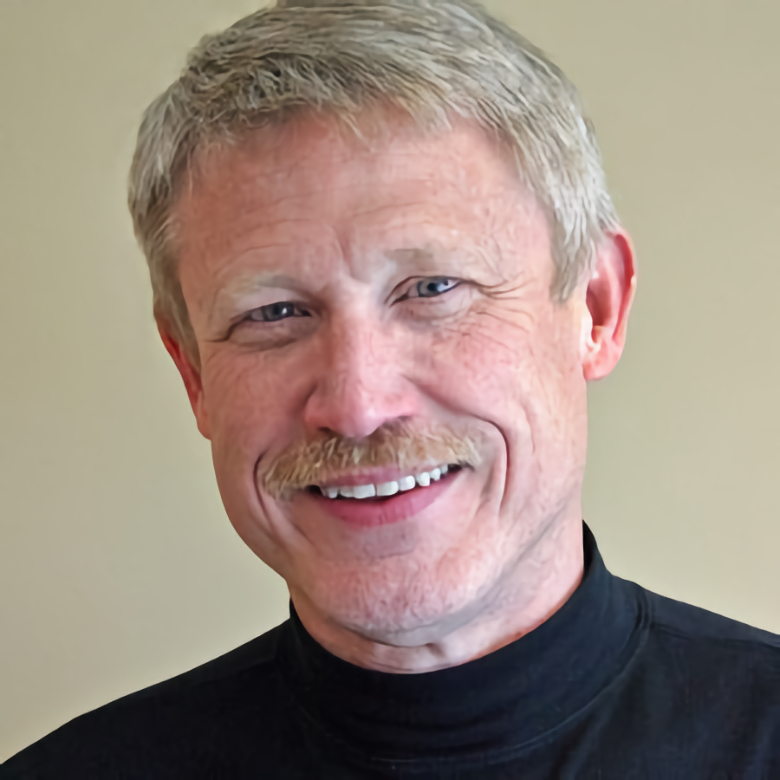B. Keith Lenz, Ph.D.

Affliations:
- Retired Professor - University of Central Arkansas
- Certified SIM Professional Development Leader - University of Kansas, Center for Research on Learning Lawrence, KS
Background and Interests:
My memories of elementary school are that I did what teachers asked me to do, and that if I did what the teachers asked, school was going as it was intended to go. I didn’t realize that learning was up to me and that I should at some point start assuming some responsibility for my own learning. Around 4th and 5th grade, I started to get into trouble with teachers because I wasn’t doing homework assignments. I really believed that schoolwork was done at school and that homework included all the activities I normally did at home, and they were mostly play activities. I didn’t connect independent effort and responsibility with schoolwork until my 6th grade teacher, Mrs. Mason, began to make the connection very explicit. Needless to say, because my 4th- and 5th-grade learning experiences were very dismal, 6th grade required a lot of hard work to make up for my earlier failures.
In many ways, the feelings of failure that I had in 6th grade have helped me greatly during my career. I know what it feels like to be caught cheating on a math test, face the principal’s grim questions about why none of the first 75 pages of my social studies workbook have been completed, see column after column of D’s and F’s on my report card, and continuously struggle to understand what I was doing wrong in school. Looking back, those early experiences and feelings made me understand what it feels like not to understand how to learn. Not only did I struggle with learning, but I also watched many of my classmates struggle with teachers who taught on the surface without barely a thought or concern about unlocking learning for any of us.
I had to figure out how to learn on my own. I eventually became a teacher myself, teaching at the junior high school, high school, and university levels. As I learned how to teach, those memories of my schooling kept me honest about what I wanted to do in my teaching. Also, when I became a researcher, I realized that I wanted to make learning easy for students. I wanted to develop teaching methods and materials that would help them become good learners.
I will be the first to admit that I have not always been a good learner or a good teacher. However, I have always wanted to be a better learner and a better teacher. Working with my colleagues to develop learning strategy instruction, the Content Enhancement Routines, and other interventions related to strategic instruction has taken me exactly where I know I needed to go in order to help teachers teach better and to help students learn what they need to learn. I know that these are the tools that my teachers needed to use when teaching me years ago.